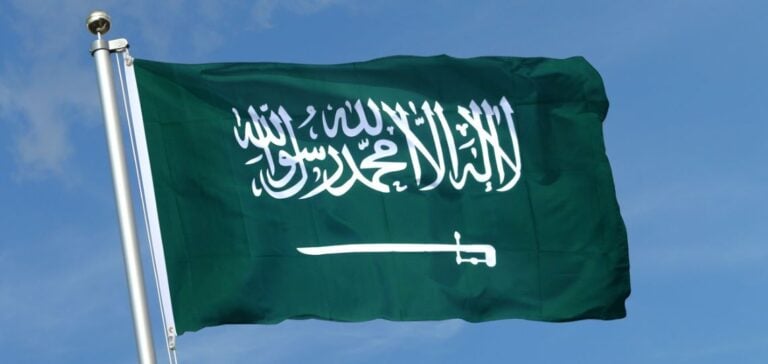The Public Investment Fund (PIF) recently announced the signature of three agreements to localize the manufacture and assembly of solar and wind energy equipment. These agreements, signed by the Renewable Energy Localization Company (RELC), a subsidiary of PIF, are part of the Saudi Ministry of Energy’s initiative to localize the production of components for renewable energies in Saudi Arabia. Riyadh is therefore banking heavily on renewable energies for its future 2030 energy mix.
Wind Energy Partnerships
The first agreement concerns a joint venture with Envision Energy and Vision Industries to manufacture and assemble wind turbine components, including blades, with an annual production capacity of 4 gigawatts (GW). RELC will own 40% of the joint venture, Envision Energy 50% and Vision Industries 10%.
Local production of solar panels
The second joint venture, with Jinko Solar and Vision Industries, targets the manufacture of photovoltaic cells and modules. The agreement provides for annual production of 10 GW, with RELC and Jinko Solar each holding 40% and Vision Industries 20%.
Solar ingot and wafer production
The third partnership, with LUMETECH S.A. PTE. LTD, a subsidiary of TCL Zhonghuan Renewable Energy, and Vision Industries, aims to produce solar ingots and wafers with an annual capacity of 20 GW. RELC and LUMETECH will each hold 40%, and Vision Industries 20%.
These agreements will enable us to localize renewable energy production technologies in Saudi Arabia, to meet growing demand in domestic and international markets. They will strengthen local supply chains and support PIF’s efforts to position Saudi Arabia as a global export hub for the renewable energy sector.
Strengthening supply chains
The involvement of Vision Industries, a key investor in industrial clean energy projects, reflects PIF’s ongoing efforts to attract international investors and strengthen the Saudi private sector.
Yazeed Al-Humied, Vice-Governor and Chief Investment Officer at PIF, said, “The new agreements are part of PIF’s efforts to localize advanced renewable energy technologies in Saudi Arabia and meet commitments to increase the share of local content. These projects will also enable Saudi Arabia to become a global hub for the export of renewable technologies.”
Strategic Investments in Renewable Energies
Currently, the PIF, through Acwa Power and Badeel, is developing a total of eight renewable energy projects with a total capacity of 13.6 GW, representing over $9 billion of investment by the PIF and its partners. These projects, including Sudair, Shuaibah 2, Ar Rass 2, Al Kahfah, Saad 2, Haden, Muwayh, Al Khushaybi, aim to support the local private sector through significant local content requirements and procurement of equipment, supplies and services through local supply chains.
Utilities and renewable energies are key strategic sectors for the BIP. The development of Saudi Arabia’s renewable energy sector is also a central objective of Vision 2030, Saudi Arabia’s blueprint for a modern, diversified economy.
These initiatives mark an important step in Saudi Arabia’s efforts to strengthen its local capabilities in renewable energies and position itself as a global player in this field. PIF’s investments in these joint ventures demonstrate its commitment to diversifying the Saudi economy and promoting clean energy technologies.






















